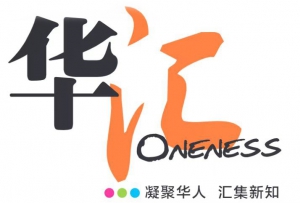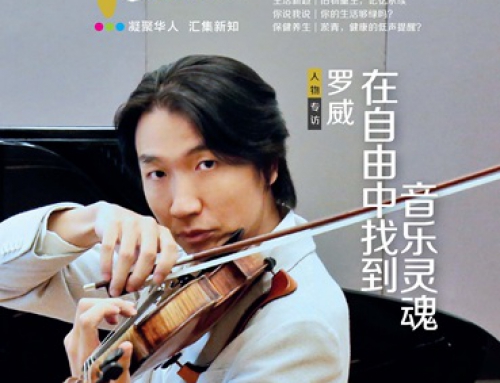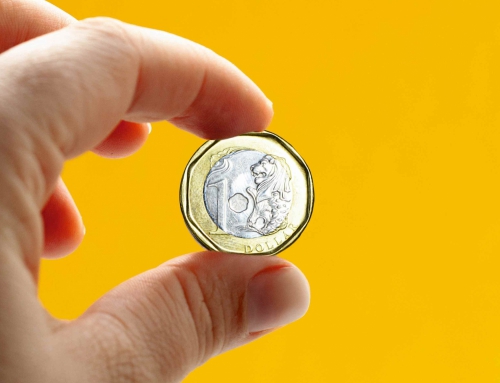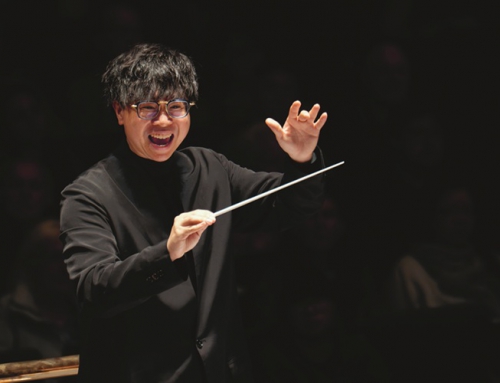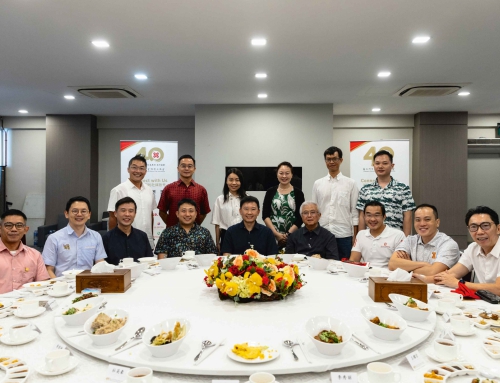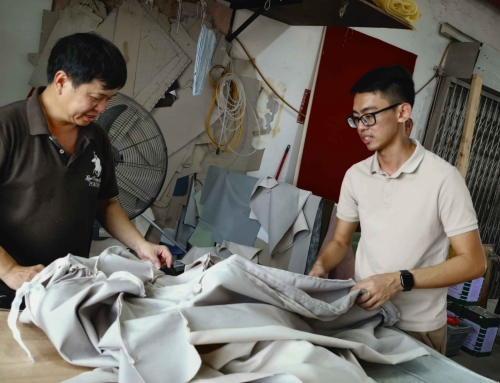马来人取名文化
名字竟与身份证不同?没有姓氏,却有回教意涵?
资料来源│《马来文化之旅》 图│iStock

马来社会的发展受到多元文化的影响,在不同阶段有着显著变迁,因此马来人的名字经历很大的转变。
最早的马来土著或原住民的名字,还没有受到多元文化和宗教的影响,它们主要反映了人物形象、周围环境和大自然事物。例如:Bukit(山)、Pungut(拾起)、Kurus(瘦)、Hitam(黑色)、Mawar(玫瑰)、 Khamis(星期四)、Bulan(月)。
名字受哪些文化影响?
另外,马来人受印度文化影响的名字和名衔就有Raja,那是印度文的王,还有Dewi是女神,Sri的意思是光明、吉祥和圣等。Parameswara是满剌加国(马六甲王朝)开国君主,原为室利佛逝 (三佛齐) 巨港城的王子,传统信奉印度教混合佛教。
至于马来名Hang Tuah、Hang Jebat,根据一些历史学者的推断,Hang Tuah与其他名字带有Hang开头的人物极有可能是明朝福建闽南一带往南洋迁移的汉人,“Hang”是“洪”氏(闽南语发音为Ang);“Tuah”是闽南语“大”的发音,Hang Tuah(洪大)是闽南人对洪姓首领的一种称呼,与Hang Jebat和其他名字带有Hang者同为洪氏一族。
不过有些名衔如今只出现在民间故事里,并与过去的含义稍有不同。例如“Sang”曾是用来象征贵族的名衔
(如Sang Nila Utama,室利佛逝巨港城的王子),现在通常只用于故事或童话中的人格化动物,如Sang Kancil(鼠鹿)和Sang Hrimau(虎君)。
随着时代改变,新的称呼也相继出现。如“Tuan”用于男性,“Puan”用于女性,“Che”后来演变成称呼男性的“Encik”和称呼女性的“Cik”。
哪些名字有英雄的意涵?
回教传入马来群岛后,马来回教徒也开始选用有宗教文化含义的名字。由于回教语言是阿拉伯文,因此在取名字时也用上阿拉伯字。一些马来父母会为孩子取有回教意涵或圣人、英雄的名字,希望孩子长大后也拥有高尚美好的品德。例如:
Ali:回教四大哈里发(Caliph,指先知默罕默德的继承者)之一。
Hamzah:回教先知的表亲,称为“沙漠狮王”
Khalid:回教伟大的将军之一,称为“回教之剑”
Abdullah:真主的使者
Nurul Jannah:天堂之光
Saif-ur-Rahman:仁慈之光
为何给小孩取小名?
有些人相信,如果名字取得不恰当,孩子会蒙受病痛的困扰。因此,他们会给孩子取第二个名字或小名。有些人的名字与身份证上的名字不同,便是这个道理。
能从名字看出是一家人吗?
有些马来父母为孩子取名时,会用开头同样的字,例如儿子取名Raji、Rajiman或Rajimin,女儿取名Rajimah,名字都有“Raji”。又或者在女儿的名字前冠上“Siti”,在儿子的名字前观赏“Noor”。
现在的父母也会把自己的名字结合起来,组成孩子的名字,只要顺口好听就行了。

马来人没有姓吗?
他们没有姓,个人的名字排在父亲的名字之前,中间是连贯词,男性用“bin”,女性则用“binte”。
例如以下三代的名字,画线的名字(即父亲的名字)只会传一代。
祖父:Ahmad bin Ali
儿子:Osman bin Ahmad
孙女:Sulaimah binte Osman
怎么尊称马来人?
对男性可称呼Encik(先生),如Encik Osman。女性的话,未婚女性可称呼Cik(小姐),如Cik Siti,已婚女士则称她为Puan Siti。
如果这两人已经到过麦加朝圣,那么Osman可在自己的名字前加上“Haji”称号,Siti则可以在名字前加上“Hajjah”,意思是“完成朝觐的人”。
The nuances of Malay names
Different cultural influences and conventions can be found in these names, according to the book Gateway to Malay Culture.
Translation: Hong Xinyi
Cultural influences
Early Malay names were not influenced by external cultures and religions, and included references to the natural environment, such as bukit (which means mountain) and bulan (moon).
Subsequently, Malay names were influenced by Indian culture. For instance, the title for the historical figure Bendahara Paduka Raja includes raja, the Sanskrit word for king that was also used in India.
There were also Chinese influences. For example, Hang Tuah is a legendary warrior in Malay culture whose status as a real-life figure is the subject of debate. Some historians speculate that the name Hang may have been derived from the Han Chinese surname Hong, which is pronounced Ang in the Minnan dialect spoken in China’s Fujian. Chinese people with this surname may have moved from Fujian to Southeast Asia during the Ming dynasty.
After Islam arrived in the Malay Archipelago, Malay Muslims began to use names with Muslim significance, including those with Arabic words. These names often referred to important figures in Islam. For example, Ali was one of the four great caliphs of Islam.
No surnames
In Malay names, one’s own name is placed before one’s father’s name. For instance, Ahmad bin Ali means Ahmad son of Ali, and Sulaimah binte Osman means Sulaimah daughter of Osman. As such, there are no surnames that are passed down from generation to generation.
Names of those who have made the pilgrimage to Mecca
Men who have made this pilgrimage can add Haji in front of their names, while women can add Hajjah.
Forms of address
Tuan means sir, while puan means madam (this is used for married women). Encik means mister, and cik means miss.
Family naming conventions
Sometimes parents may choose to give their children names that begin the same way (for instance, Rajiman and Rajimah). Or they may choose to place Siti before all their daughters’ names, and Noor before their sons’ names. Some couples now also choose to name their child after a combination of their own names.
Nicknames
Some believe that choosing the wrong name will cause a child to suffer from ill health. To guard against this, children are sometimes given a second name, or nickname. This is why some people may have one name on their official identity documents but another in everyday life.

